Ethnic Groups of Botswana
Botswana’s cultural landscape is a vibrant mosaic shaped by its diverse ethnic groups. From the Tswana majority to the indigenous Basarwa and other communities like the Kalanga, Herero, and Mbukushu, each group contributes unique traditions, languages, and practices. This diversity, united under a shared national identity, reflects Botswana’s commitment to harmony and mutual respect.
Discover More Culture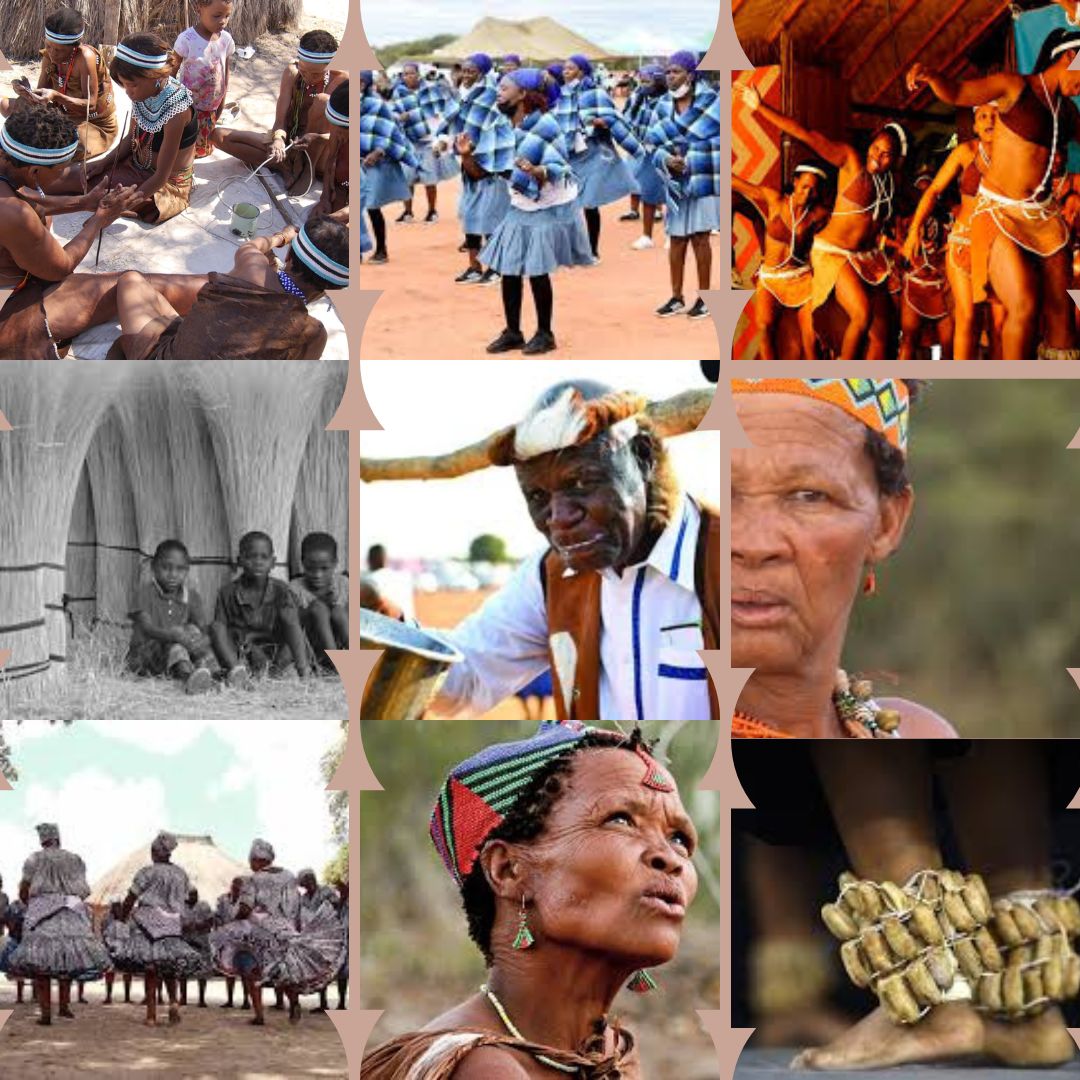
Major Ethnic Groups
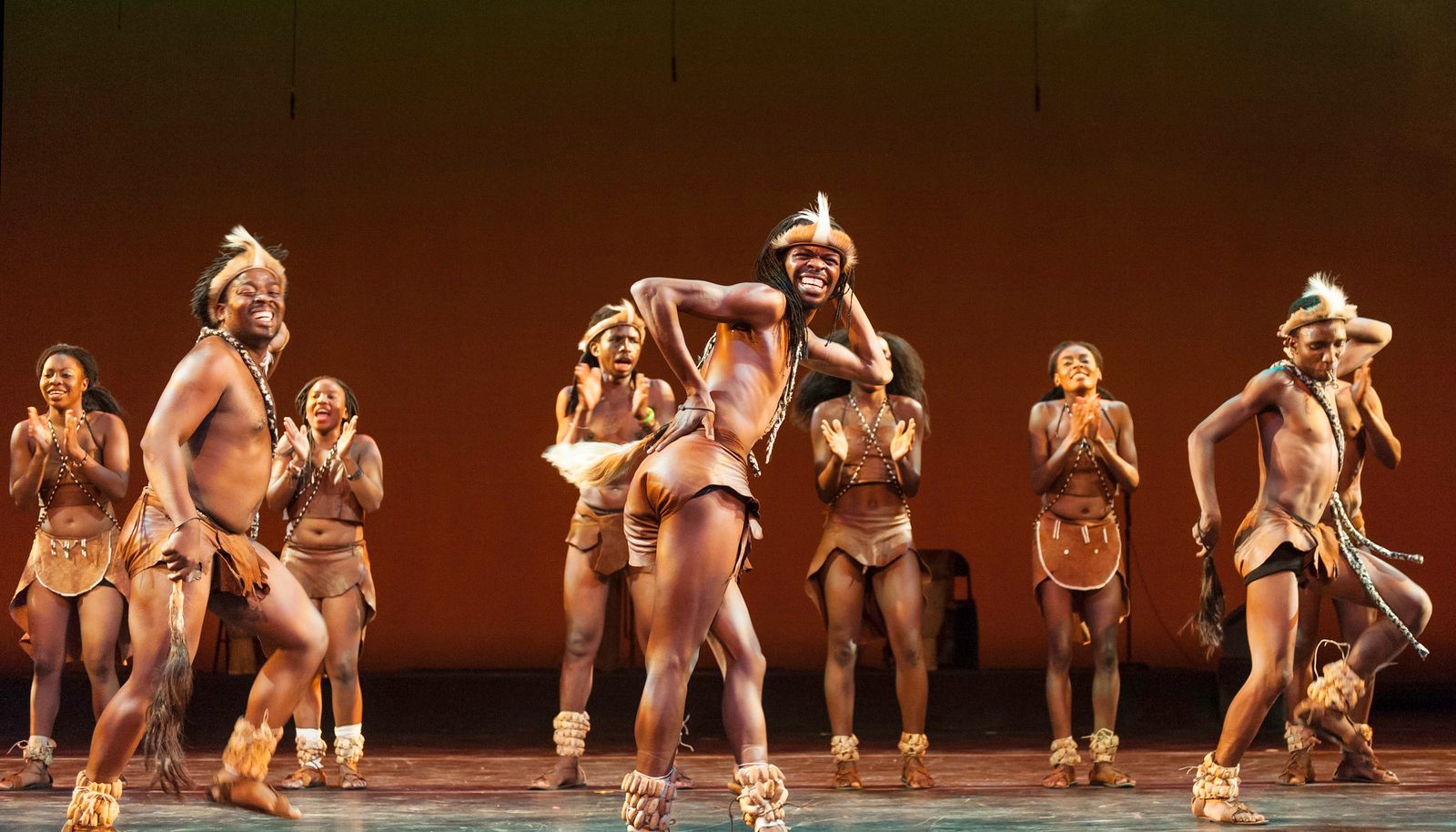
Tswana
The Tswana, or Batswana, make up about 70% of Botswana’s population. Renowned for their communal governance through kgotla meetings, they excel in cattle farming, which symbolizes wealth. Their vibrant dances, like Setapa and Phathisi, and oral traditions are central to their identity.
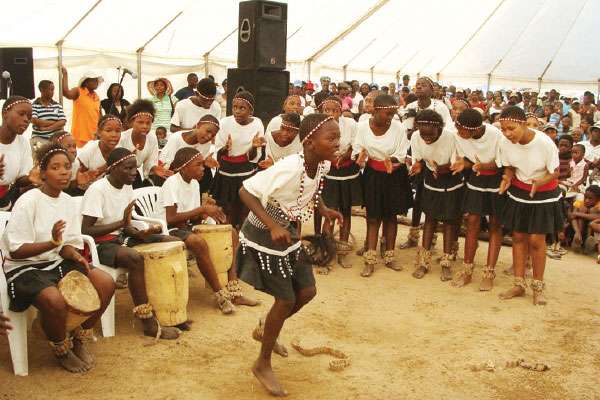
Kalanga
The Kalanga, concentrated in the northeast, form the second-largest group. They are skilled artisans, known for pottery and basket weaving. Their language, iKalanga, and cultural festivals like Domboshaba preserve their rich heritage and spiritual traditions.
Minority Ethnic Groups
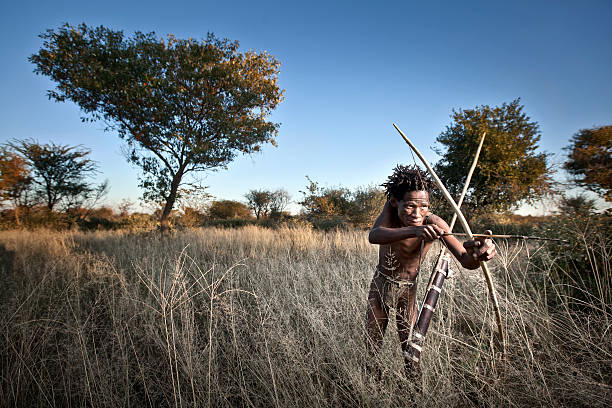
Basarwa (San)
The Basarwa, or San, are indigenous hunter-gatherers with a history spanning millennia. Their deep environmental knowledge, expressed through tracking and rock art, is globally celebrated. They speak Khoisan languages, marked by unique click sounds.
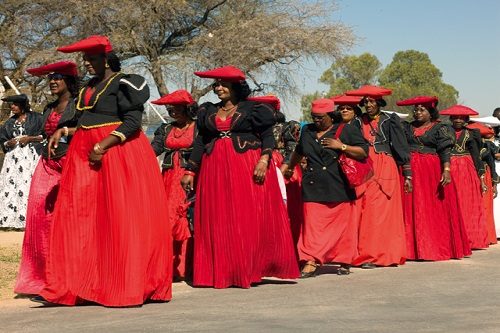
Herero
The Herero, primarily in western Botswana, are known for their pastoralist lifestyle and distinctive dress, blending Victorian and traditional styles. Their language, Otjiherero, and communal practices reflect resilience despite historical challenges.
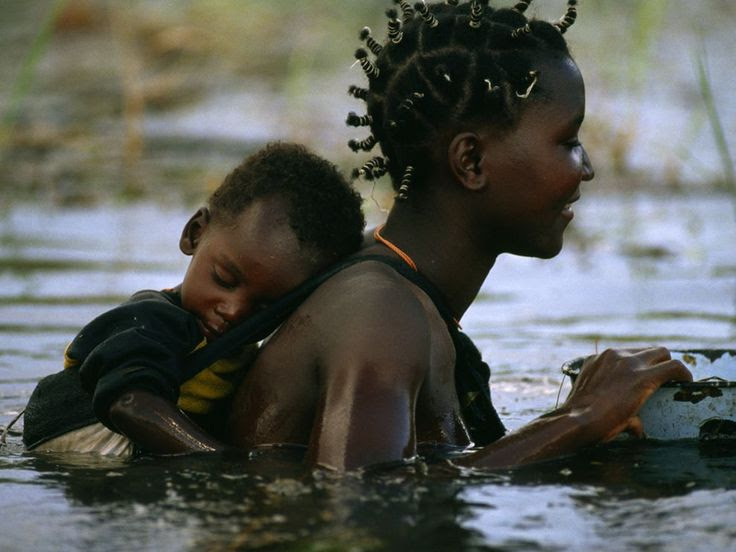
Mbukushu
The Mbukushu, in northern Botswana, thrive along the Okavango Delta. Expert fishermen and farmers, they are also known for intricate beadwork and storytelling. Their Thimbukushu language carries folklore that binds their community.
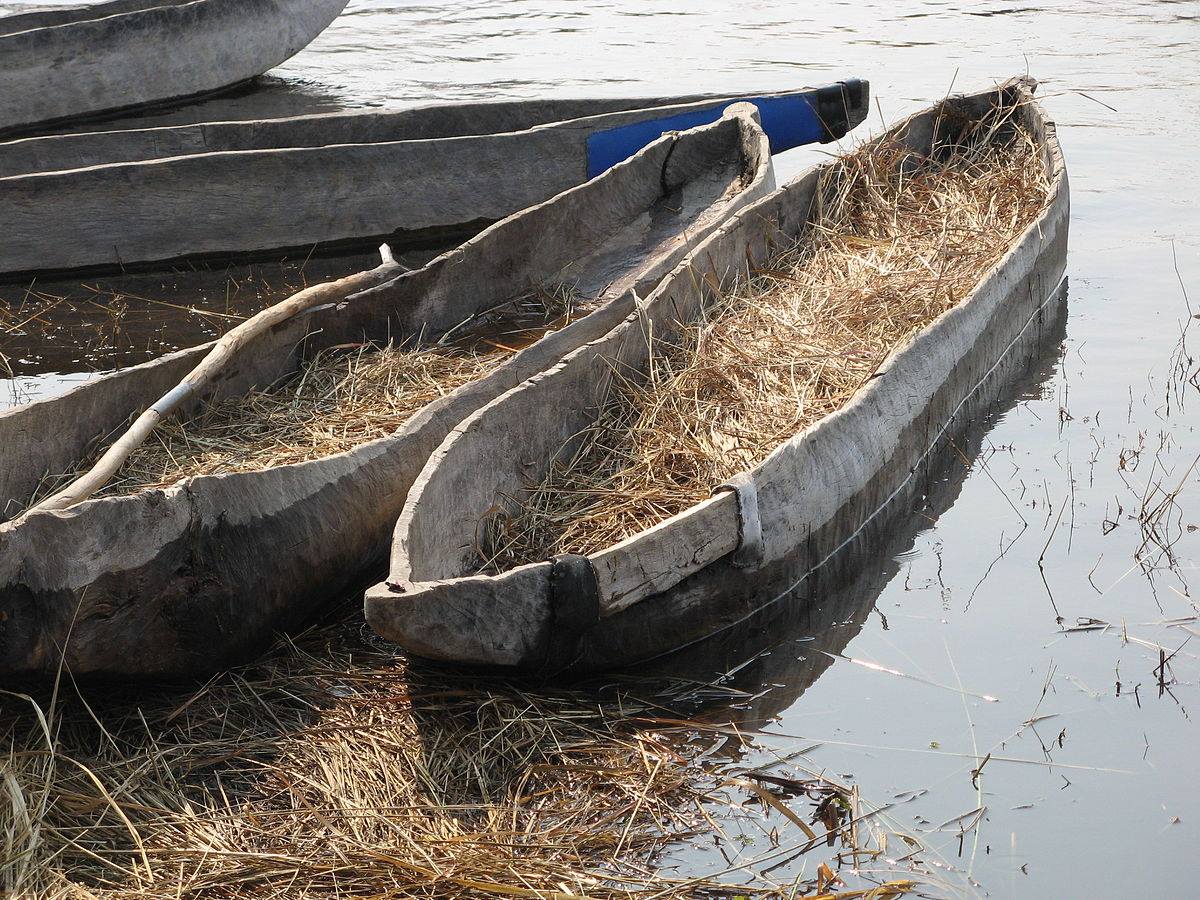
Wayeyi
The Wayeyi, or Bayeyi, reside in the Okavango region, mastering mokoro (dugout canoe) navigation. Their basketry and fishing traditions are vital to their culture. The Shiyeyi language and annual ceremonies strengthen their communal ties.
Cultural Harmony
Botswana’s ethnic groups coexist with remarkable unity, fostered by policies promoting equality and cultural respect. Events like Heritage Day and shared practices, such as kgotla gatherings, bridge differences. This harmony has made Botswana a model of stability in Africa, where diversity is celebrated as a national strength.
"Our strength lies in our unity, where every culture adds to the beauty of Botswana." — Traditional Tswana Proverb

